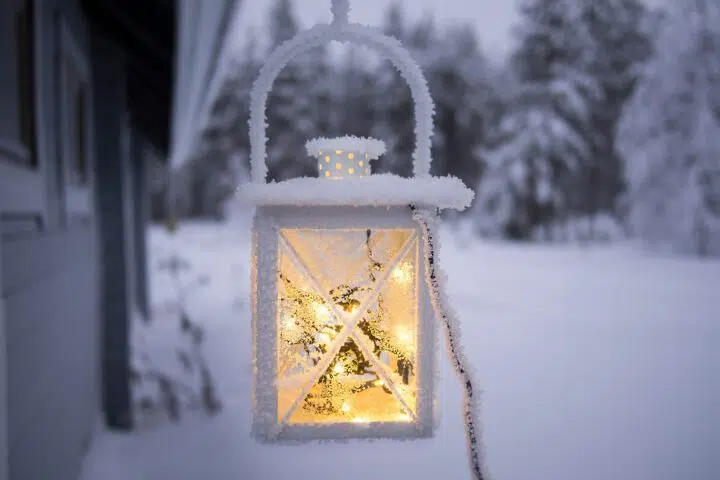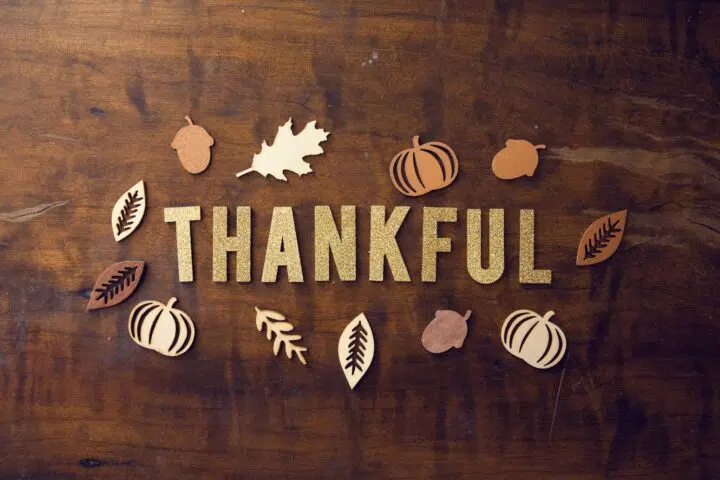In my industry, there’s been a lot of talk about Ruth Graham’s article in Slate suggesting that adults should be embarrassed to read young adult titles. Never mind the slights to YA authors, let’s look at what else she says:
She argues that adults should challenge themselves with a higher form of literature and leave the stories written for children to children. She says that if adults keep reading YA books, children will stop, because they don’t want to read the same books as their parents. A possibility, but not one that I’ve seen played out in my household. My teenage children and I often read the same books, and some are YA. There’s genuine pleasure in having a meaningful conversation with my kids about a book we’ve all read. And that doesn’t change whether the novel is The Fault in Our Stars or Pride and Prejudice. In fact, back in the heyday of Harry Potter, which is— gulp— a middle-grade series, my kids were discussing the books not only with my husband and me, but also with their grandparents. A multi-generational appreciation of a good story. Period.
As an artist, I would hope people will always be able to recognize true talent and skill. I would hope we never stop challenging ourselves to understand the genius of a Shakespeare or a Mozart or a Monet, but we always make room for the countless artists who fall below that mark. To be honest, I’m more embarrassed when I don’t “get” a highly acclaimed piece of art than I am to carry around a copy of The Hunger Games.
To me, the definition of art is something that moves or inspires us. If it leads you to see beauty in your world, if it challenges your prejudices, if it pushes you toward action, if it makes you feel happiness or outrage, if it stirs you to want to learn more or see more or hear more, then the artist has succeeded.
Let the critics judge. It’s their job, after all. But give us a little credit. We know the difference between a classic symphony and a catchy pop tune, but sometimes we just want to dance.


